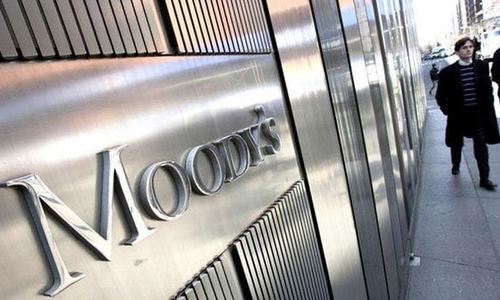ISLAMABAD: Faced with increasing liabilities in the energy sector, a cabinet committee on Thursday decided to engage with private investors in the Liquefied Natural Gas (LNG) terminals and power projects to renegotiate terms of their capacity payments, return on equity and exchange rate indexation.
A meeting of the reconstituted Cabinet Committee on Energy (CCoE) led by Planning Minister Asad Umar decided to direct the Federal Board of Revenue (FBR) to charge general sales tax (GST) on actual collection of electricity bills instead of just billing to bring down circular debt by over Rs250 billion that currently stands at about Rs2 trillion. The panel directed an immediate summary to the federal cabinet for formal approval.
Informed sources said the electricity tariff involved an additional burden of about Rs186bn because of rupee’s depreciation against dollar in the last two years while capacity charges amounted to about Rs570bn a year even though large part of this capacity remained unutilised.
Sources said the exchange rate indexations were part of the power purchase agreements when currency fluctuations were minimal and dollar rate ranged between Rs50-70 but over 30 per cent exchange loss in two years has had devastating impact on capacity charges.
An official said the Power Division asked for three more months to conclude these issues with independent power producers (IPPs) and LNG power plants but the committee desired conclusion of the process in no more than 45 days to ensure implementation of key decisions on the subject by June.
Cabinet committee directs ministry to begin engagements
An official statement said the Power Division briefed the committee on various measures which were under consideration to reduce electricity prices. “The proposal included measures such as rationalising capacity charges of government-owned power plants, exploring the possibility of extending the tenor of loans of various power plants and fuel cost optimisation”, it said.
On a summary of the Petroleum Division regarding negotiations with LNG terminal companies, the CCoE set up a sub-committee to deliberate the matter and report back within a week. It was reported that capacity charges of terminals had increased five times than the original tariff because of lower utilisation factor following subdued demand for LNG and resulting lower imports.
The Petroleum Division also apprised the CCoE on the updated status of the dispute between Pakistan LNG Terminal Ltd and Pakistan Gas Port Consortium Ltd over penalties.
The CCOE was also apprised about tax refund issues and need to streamline the process of GST payment by the distribution companies (Discos). The committee was informed that the FBR was deducting GST from Discos out of their accounts on the basis of bills issued by the companies while actual recovery generally averaged at around 90pc. On top of that, almost Rs200bn subsidies provided to consumers by the government were also subject to 17pc GST on Discos even though these amounts go to consumers.
Umar agreed that these funds moved from one public sector account to another but showed up in circular debt figures and should be settled at the earliest. The CCoE decided to recommend to the cabinet that the pending tax refunds worth about Rs250bn may be paid forthwith by the FBR.
The committee also discussed the issue of unregulated coal import price build up in tariffs. It was explained that there was no regulator for coal price.
The Oil and Gas Regulatory Authority (Ogra) reported that coal pricing was outside its domain under the existing laws. The National Electric Power Regulatory Authority reported that power tariffs were set under an interim arrangement whereby import invoices were considered for tariff.
The CCoE asked Ogra to come up with a solution to bring coal price under its ambit.
Published in Dawn, April 3rd, 2020
















































